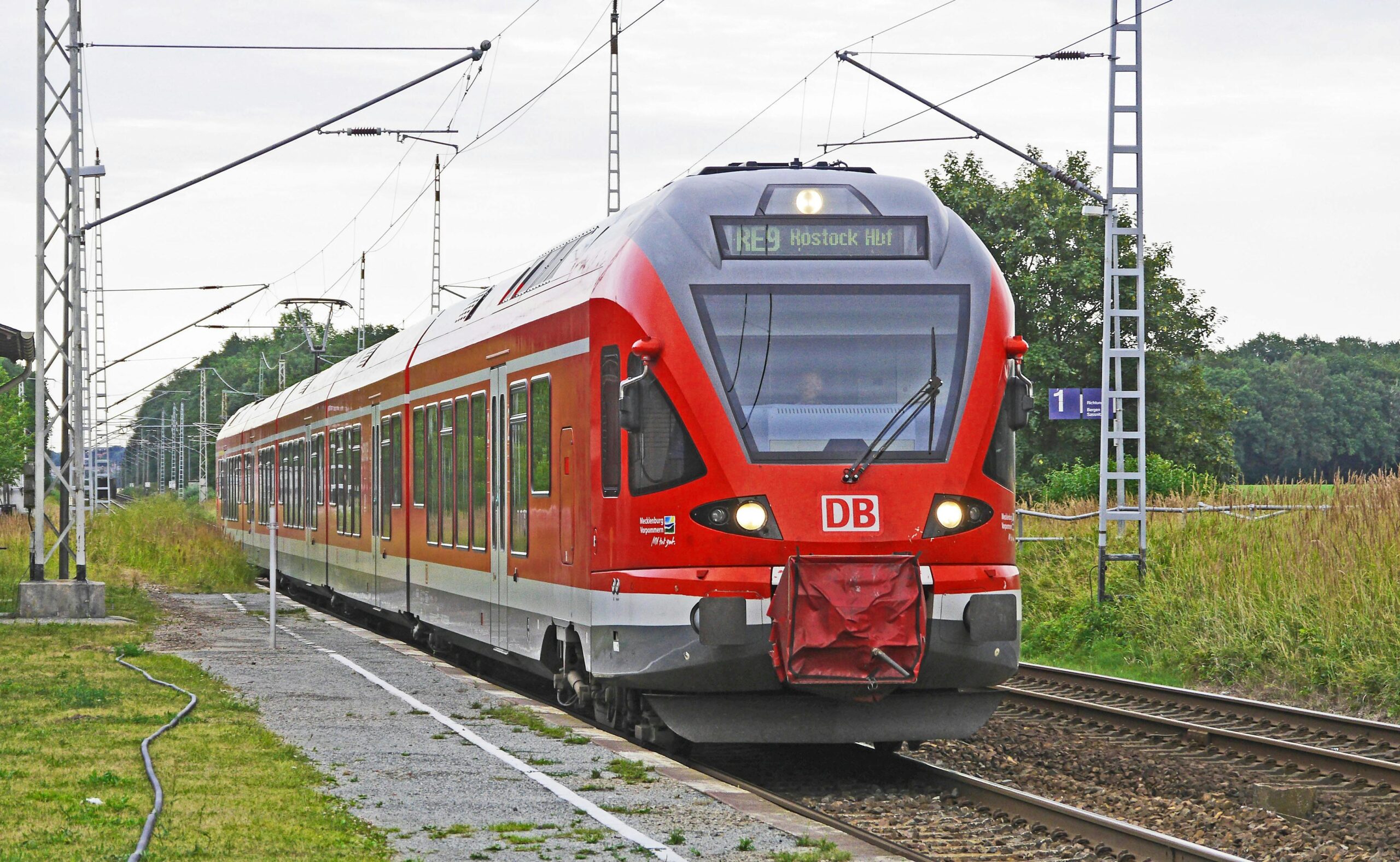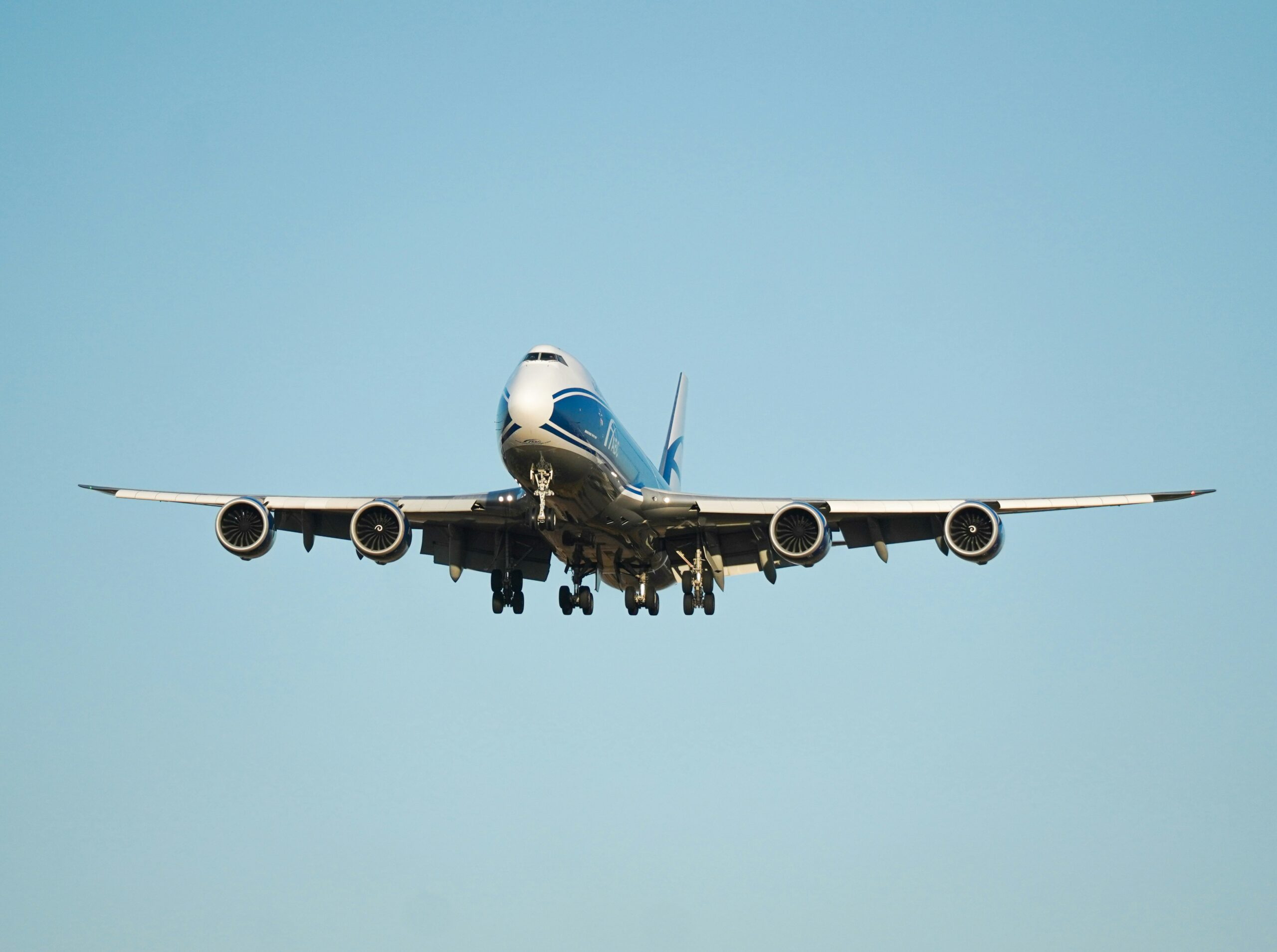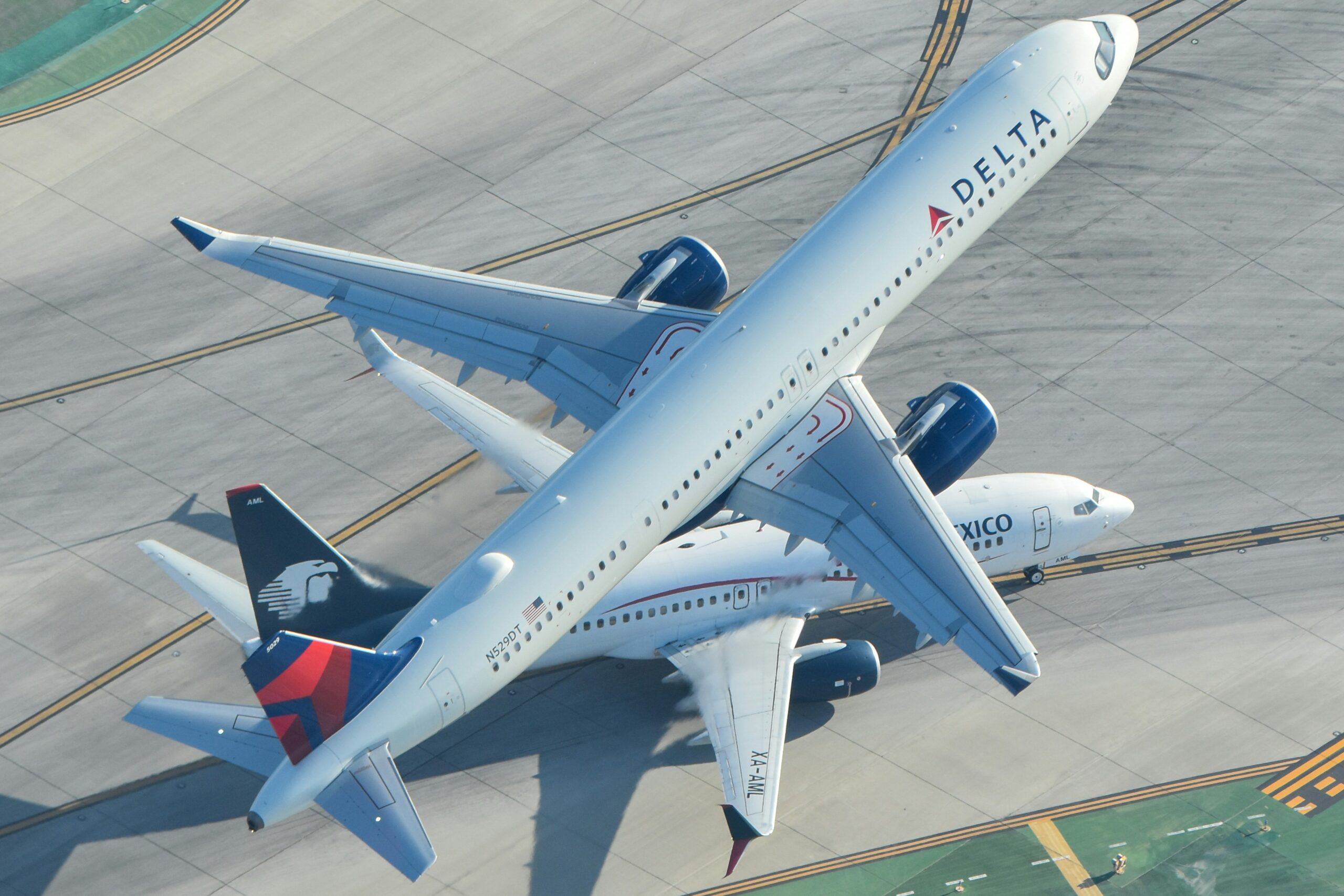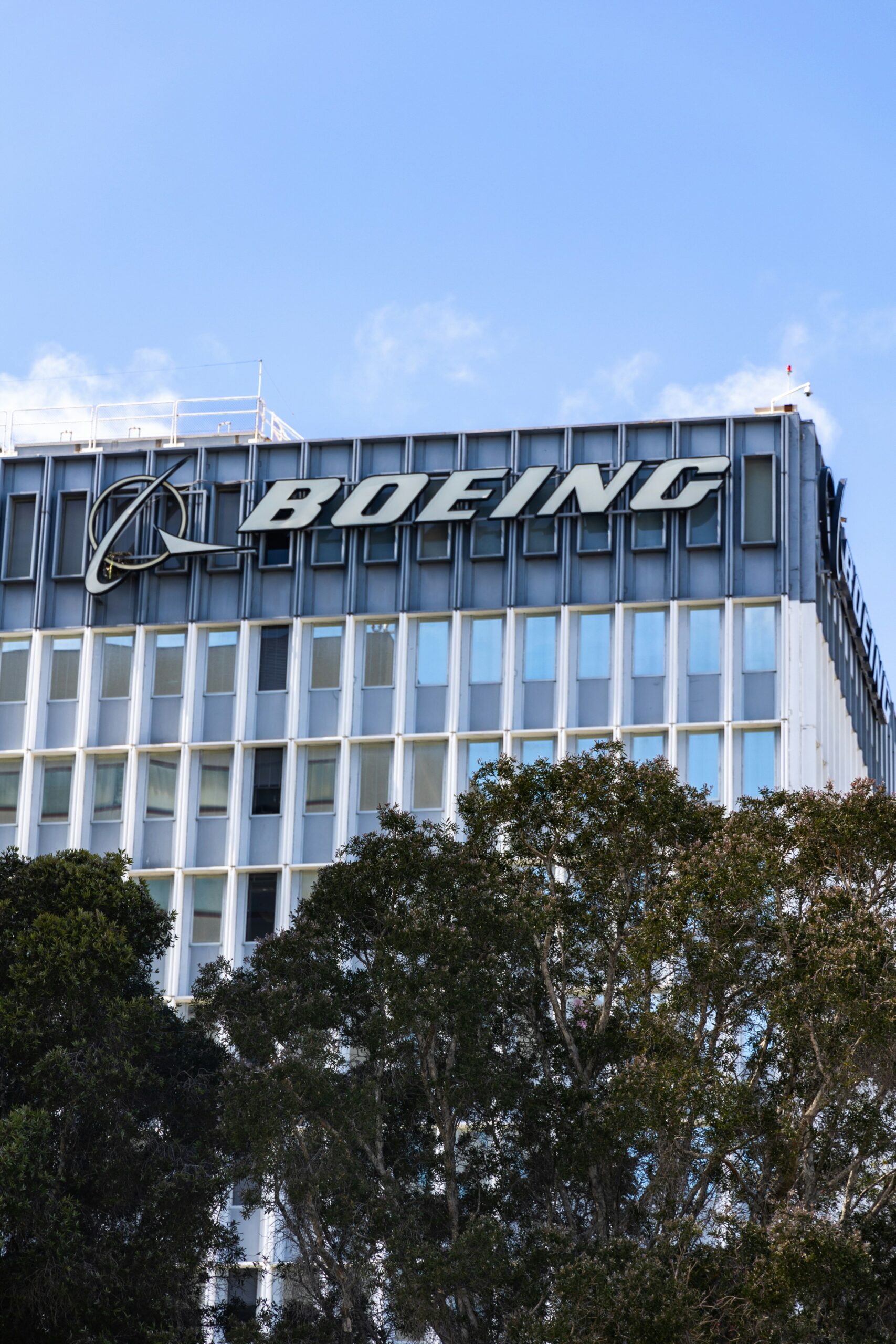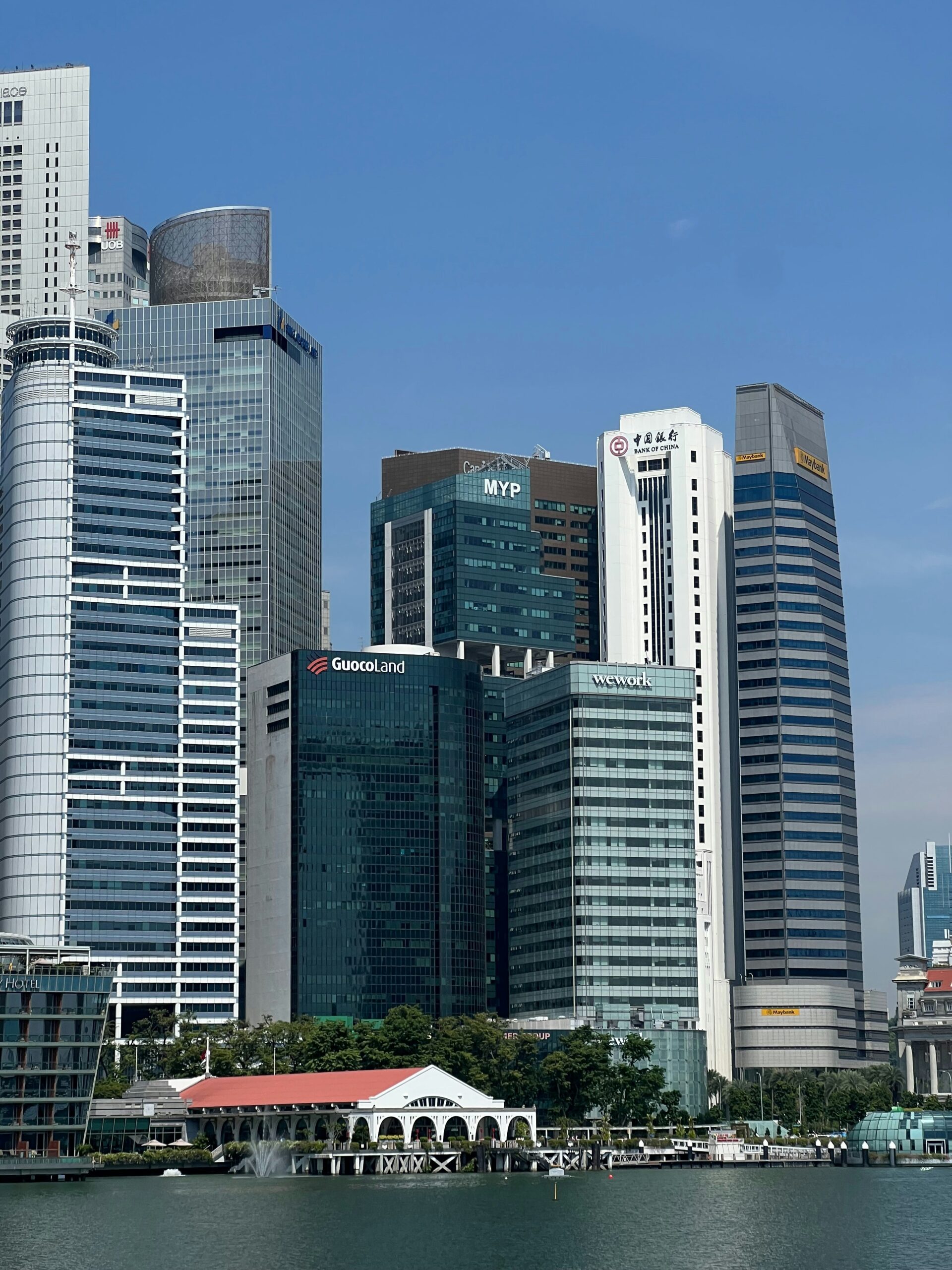Image credit: Unsplash
Even though Ryanair just announced record annual earnings, CEO Michael O’Leary voiced worries about the slow increase of airfares throughout Europe. The aviation sector is facing capacity restrictions and economic uncertainties, which is reflected in the CEO’s words.
O’Leary’s anxiety was evident when he spoke to investors on Monday, pointing out that there is a “recessionary feel around Europe” that may impede the projected increase in travel prices. With a heavy reliance on last-minute reservations, the low-cost airline had previously predicted a 5% to 10% increase in summer pricing. However, it now confronts the risk of flat to small increases.
Less than half of the reservations for the forthcoming July to September quarter have been confirmed, thus O’Leary highlighted how unpredictable summer pricing may be. Following the CEO’s warning words, investor trepidation has resulted in a 1.25% decline in Ryanair shares.
The airline is facing difficulties due to a number of circumstances, such as delayed delivery of new aircraft and problems with engine parts, which have limited capacity in Europe. In spite of these difficulties, Ryanair was able to raise average rates for the fiscal year that ended on March 31 by an impressive 21%, demonstrating strong demand prior to the pandemic.
Neil Sorahan, the airline’s chief financial officer, provided insight into the company’s plan to boost demand by lowering the cost of midweek flights in April and May. Even though this strategy could be used through June, Sorahan is still hopeful that price dynamics would eventually improve.
O’Leary is optimistic about the medium-term picture, predicting that limited capacity would push prices higher over the following two to three summers, despite the short-term obstacles. This confidence is supported by the continuous quality improvements in manufacturing as well as the possibility of reimbursement from Boeing for delayed deliveries.
Analysts have praised Ryanair for its outstanding performance in the most recent fiscal year, which saw a 34% increase in yearly earnings to 1.92 billion euros. However, unexpected difficulties like online travel agencies stopping trip sales forced the airline to lower its profit projection for the year ending in March 2025.
In the face of price uncertainty, Ryanair showed confidence in its long-term prospects by announcing a 700 million euro share repurchase. Stakeholders applaud this initiative, but it also emphasizes the need for care in light of the changing market conditions.
The airline’s success acts as a gauge for consumer confidence and European economic stability. The threat of a recession highlights the difficult balancing act that airlines must do as they attempt to preserve profitability in an unpredictable market while simultaneously igniting demand.
Regarding Ryanair’s future, analysts are cautiously hopeful since they recognize the airline’s ability to weather difficult times. The softening of price rhetoric and its possible effect on future profitability, however, continue to raise worries.
Amidst persistent concerns in the aviation industry, Ryanair’s recent success is somewhat overlooked. Although the airline has demonstrated resilience in the face of adversity, continuous expansion is severely hampered by economic headwinds and capacity limitations. As Ryanair makes its way through these choppy skies in the upcoming months, investors will be intently observing the airline’s calculated moves.






































































